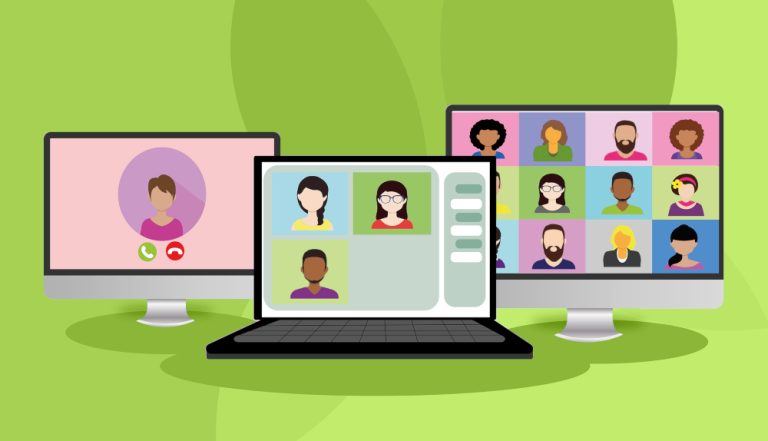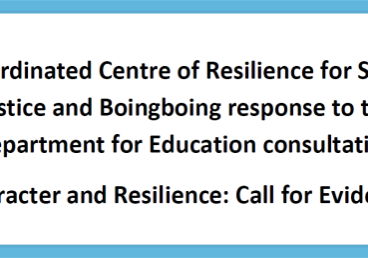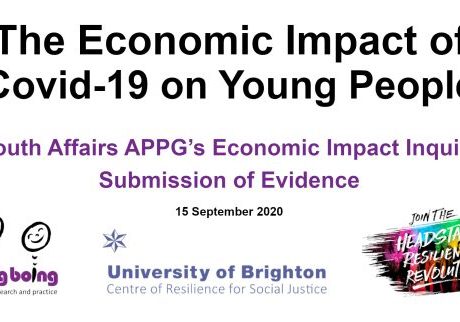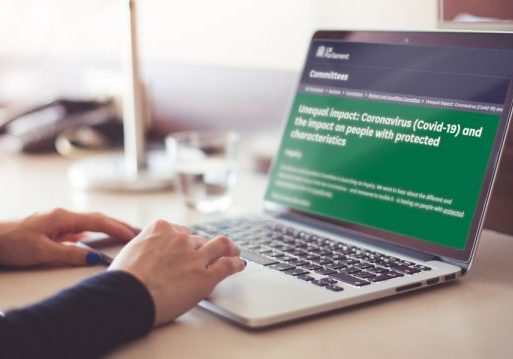In this submission to The House of Lords a bunch of us with different experiences shared our thoughts around how individuals and groups can better access online environments. We suggested the government may potentially help people access the digital world by improving digital inclusivity, accessibility, and data accountability.
Living online: The long term impact on wellbeing – Submission of evidence

Related Resources

Joint response to the Department for Education consultation
A joint response from the Centre of Resilience for Social Justice and Boingboing to the the Department for Education consultation on ‘Character and resilience: Call for evidence’.

The Economic Impact of Covid-19 on Young People – Submission of evidence
In this submission we outline and discuss the economic impact of Covid-19 on young people in Blackpool and provide recommendations for immediate and long-term interventions.

Policy/practice impact enquiries and submissions of evidence
Find out more about some of our research in this selection of policy/practice impact enquiries and submissions of evidence focusing on the impacts of policies on young people around the world, people with disabilities, school children and people with experience of mental health issues.